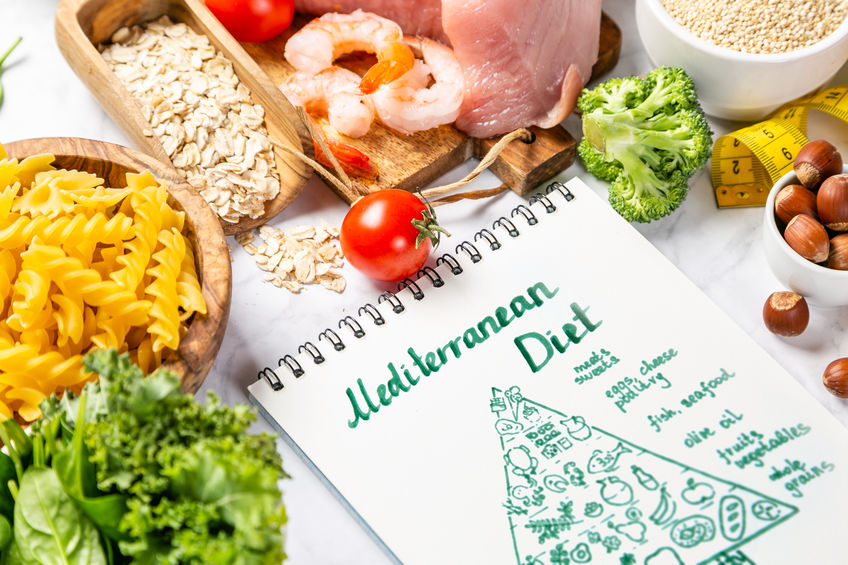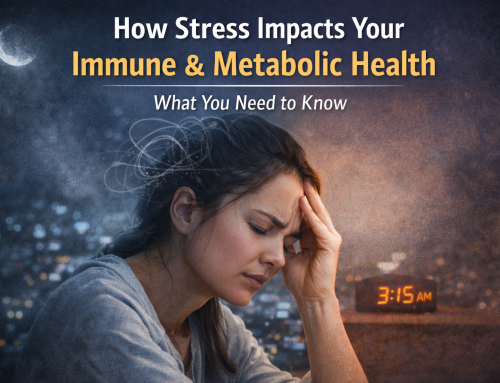Anti-inflammatory diets have gotten a lot of press recently in light of the Covid pandemic. But what are anti-inflammatory diets and do they really make a difference?
Here are an excellent explanation and analysis by Katherine D. McManus, MS, RD, LDN that was posted by Harvard Health Publishing.
Inflammation: Helpful, harmful, or both?
There are two types of inflammation: acute and chronic. Acute inflammation is the body’s protective response to an injury or infection. For example, acute inflammation occurs when you cut your finger. Your body dispatches white blood cells to protect the area. You may see some swelling and redness and feel pain, but this process is critical to preventing infection.
Chronic inflammation may be triggered when the body tries to rid itself of harmful substances such as toxins from smoking. Increased levels of chronic inflammation are also associated with excess fat, especially around the abdomen.
Low-grade chronic inflammation may damage blood vessels, arteries, nerves, and the intestines. It can eventually lead to chronic diseases including heart disease, diabetes, certain cancers, and some diseases of the bowel.
Can diet impact chronic inflammation?
Looking at markers of inflammation researchers have found that diet can influence inflammation. There is also a great deal of evidence showing that diet impacts the risk of chronic disease, including heart disease and diabetes. Is inflammation the means by which diet influences disease risk?
Pro-inflammatory diets may increase risk of cardiovascular disease
A recent study published in the Journal of the American College of Cardiology (JACC) examined whether pro-inflammatory diets are associated with increased risk of cardiovascular disease (CVD). (CVD includes non-fatal and fatal heart attack, and fatal and non-fatal stroke.)
• The researchers assessed the diets of more than 200,000 women and men enrolled in the Nurses’ Health Study, the Nurses’ Health Study II, and the Health Professionals Follow-Up Study.
• The study participants had filled out food frequency questionnaires every four years for up to 32 years.
• Results showed that those consuming the most pro-inflammatory diets had a 38% higher risk of developing CVD compared to those consuming the most anti-inflammatory diets.
• The associations were consistent in men and women, and remained significant even when other lifestyle factors and other potential contributors to inflammation such as obesity, diabetes, high blood pressure, and high cholesterol were taken into consideration.
• This study also showed that pro-inflammatory diets were associated with a poor cholesterol profile.
• This finding was also seen in other another study, also published in JACC, which found that pro-inflammatory foods had a harmful effect on cholesterol levels while some anti-inflammatory foods had favorable effects.
What foods are pro-inflammatory and anti-inflammatory?
Foods with a higher pro-inflammatory potential are: red meat, processed meat, and organ meat; refined carbohydrates such as white bread, white rice, and many desserts; and sweetened beverages including colas and sports drinks.
Foods that have a higher anti-inflammatory potential are: green leafy vegetables like kale, collard greens, and spinach; dark yellow vegetables such as winter and summer squash and yellow peppers; whole grains such as wheat berries, quinoa, whole-grain bread, and oatmeal; and fruits, tea, coffee, and wine. These foods contain specific anti-inflammatory compounds such as carotenoids, flavonoids, vitamins, and fiber.
The recent JACC study findings are consistent with other research that identifies certain dietary patterns that are associated with lower inflammation and reduced risk of CVD.
These include the Mediterranean diet, which emphasizes many anti-inflammatory foods and limits pro-inflammatory foods such as red meat and refined carbohydrates.
The bottom line: limit pro-inflammatory foods and eat more anti-inflammatory foods
The data suggest a prudent approach of both limiting pro-inflammatory foods and adopting an anti-inflammatory diet may provide an effective strategy for CVD prevention.
Click here to read about anti-inflammatory diets.






